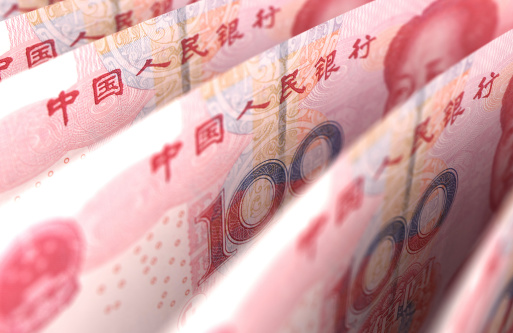Investing
China's Hang Seng Down 7%, Nikkei Off Over 3%
Published:
Last Updated:
Whatever the Chinese government thought it was doing to put a foundation under stock prices has not worked. The Hong Kong Hang Seng fell over 7% before recovering to a 6% drop to 23,500. The Shanghai Composite sold off 6% to 3,500. Perhaps in sympathy, Japan’s Nikkei dropped 3% to 19,739. The panic is on.
The People’s Republic has done everything possible to hold prices up. It has prevented the trading of 20% of publicly traded company shares. The increase in company shares that cannot trade has hit 40% over night. It has instructed institutional investors to plow money into buying. It has increased margin limits. It has instructed brokerage houses to buy as well.
The reasons for the sell-off are mysterious. One theory is that individual investors entered the market quickly over the past several months to take advantage of the increase but have hit margin limits. Another is that Chinese companies will post poor earnings as the economy struggled.
According to Reuters:
The most compelling theory why the stock bubble burst: Chinese economic growth is the weakest it’s been since 2009. Share prices got way ahead of growth and company profits, which are actually lower than a year ago.
“China’s stock market had become detached from the reality of China’s own economy, and appallingly overvalued,” Patrick Chovanec, managing director at Silvercrest Asset Management, said on Twitter. “This is gravity taking effect.”
So far, the panic has not spread to markets in Europe and the United States. For the time being, there is little reason to see why it would. However, over the years, global markets have become more intertwined. Panic does not have to have a foundation in reality.
ALSO READ: Will Pollution Kill China’s Growth?
Want retirement to come a few years earlier than you’d planned? Or are you ready to retire now, but want an extra set of eyes on your finances?
Now you can speak with up to 3 financial experts in your area for FREE. By simply clicking here you can begin to match with financial professionals who can help you build your plan to retire early. And the best part? The first conversation with them is free.
Click here to match with up to 3 financial pros who would be excited to help you make financial decisions.
Have questions about retirement or personal finance? Email us at [email protected]!
By emailing your questions to 24/7 Wall St., you agree to have them published anonymously on a673b.bigscoots-temp.com.
By submitting your story, you understand and agree that we may use your story, or versions of it, in all media and platforms, including via third parties.
Thank you for reading! Have some feedback for us?
Contact the 24/7 Wall St. editorial team.